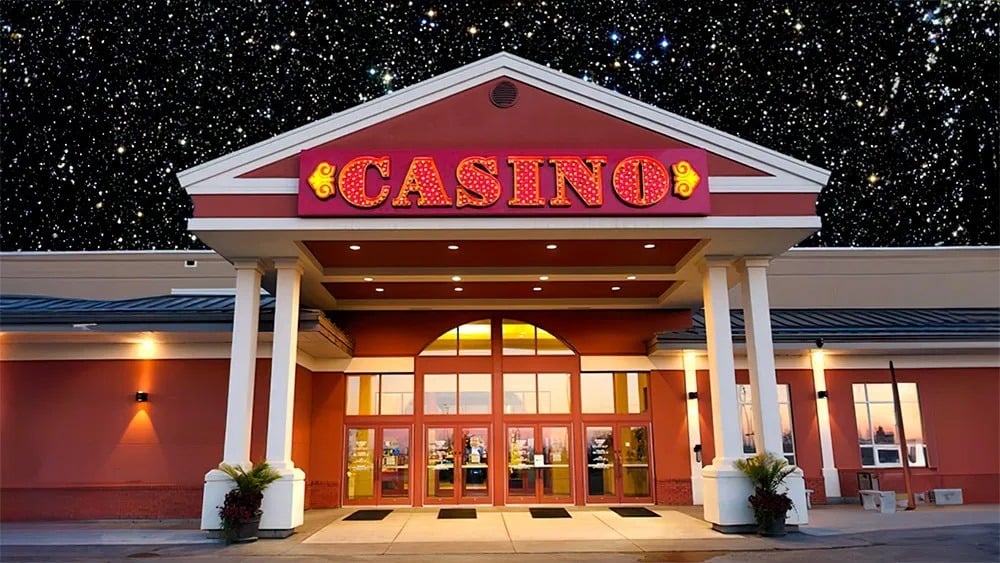Posted on: October 28, 2024, 04:27h.
Last updated on: October 28, 2024, 04:27h.
The company that owns the Camrose Casino in Alberta, Canada, has been ordered into receivership by the province’s superior court, the Court of King’s Bench.
The Camrose Casino in the small city of Camrose, Alberta Canada. Receivers Ernst & Young now have the power to change all the locks and conduct all business on its owners’ behalf. (Image: Camrose Casino)
The judgment was handed down to Mayfield Investments Ltd. Thursday for debts unpaid to province-owned bank ATB Financial and for defaulting on forbearance agreements related to those debts.
The order authorizes receiver Ernst & Young to exercise control over “all of the Debtor’s current and future assets, undertakings and properties of every nature and kind whatsoever, and wherever situate, including all proceeds.”
Under the order, the accounting firm has the power to change locks and door codes at Mayfield’s properties and conduct regular business on its behalf.
Relocation Rubberstamped
The ruling throws into jeopardy Mayfield’s controversial plans to relocate the Camrose Casino to the city of Edmonton, which was signed off by the Alberta Gaming Liquor Cannabis (AGLC) two weeks ago.
“We’re all a little flummoxed by this,” Howard Pechet, Mayfield president, told The Edmonton Journal Friday. “We’ve been good clients, as Treasury branch has reiterated on numerous occasions, for Alberta Treasury grants for 50 years now.”
As well as the debt to ATB, Mayfield’s owes around C$1.8 million to the Camrose Regional Exhibition (CRE), host of the Big Valley Jamboree Music Festival.
The local charity organization loaned Mayfield $2.5 million in 2006 to help it finish construction of the Camrose Casino. But repayments dried up during the COVID-19 pandemic, according to CRE executive director Dianne Kohler.
Mayfield applied to relocate the casino to Edmonton in 2022, but the regulator rejected the proposal after a public backlash. That decision was upheld on appeal, with the AGLC citing a continued lack of public support and a “significant cannibalization” of gaming revenues that would hurt existing casinos in the area.
Opposition Remains
The latest application attracted similar opposition but was ultimately approved by the AGCL, which determined that it would generate “significant additional revenue” for the provincial government, provide jobs for Albertans, and “significantly improve returns for rural charities with minimal impact to charities assigned to the Edmonton pool.”
The new proposal is for an 88,000 square-foot casino with 498 slot machines, 25 table games, and eight poker tables.
Pechet declined to speculate on what the receivership order would mean for the casino’s relocation plans.


